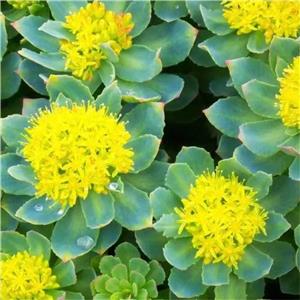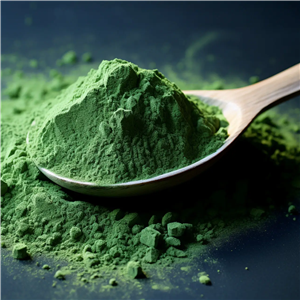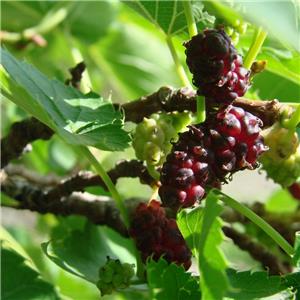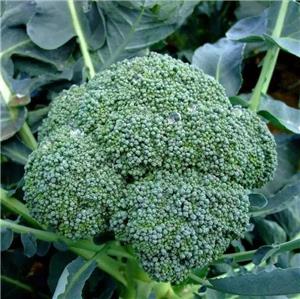Top 8 Health Benefits of Artichokes and Artichoke Extract
Although often considered a vegetable, artichokes (Cynara cardunculus var. scolymus) are a type of thistle.
This plant originated in the Mediterranean and has been used for centuries for its potential medicinal properties.
Its alleged health benefits include lower blood sugar levels and improved digestion, heart health, and liver health.
Artichoke extract, which contains high concentrations of compounds found in the plant, is also increasingly popular as a supplement.
Here are the top 8 health benefits of artichokes and artichoke extract.
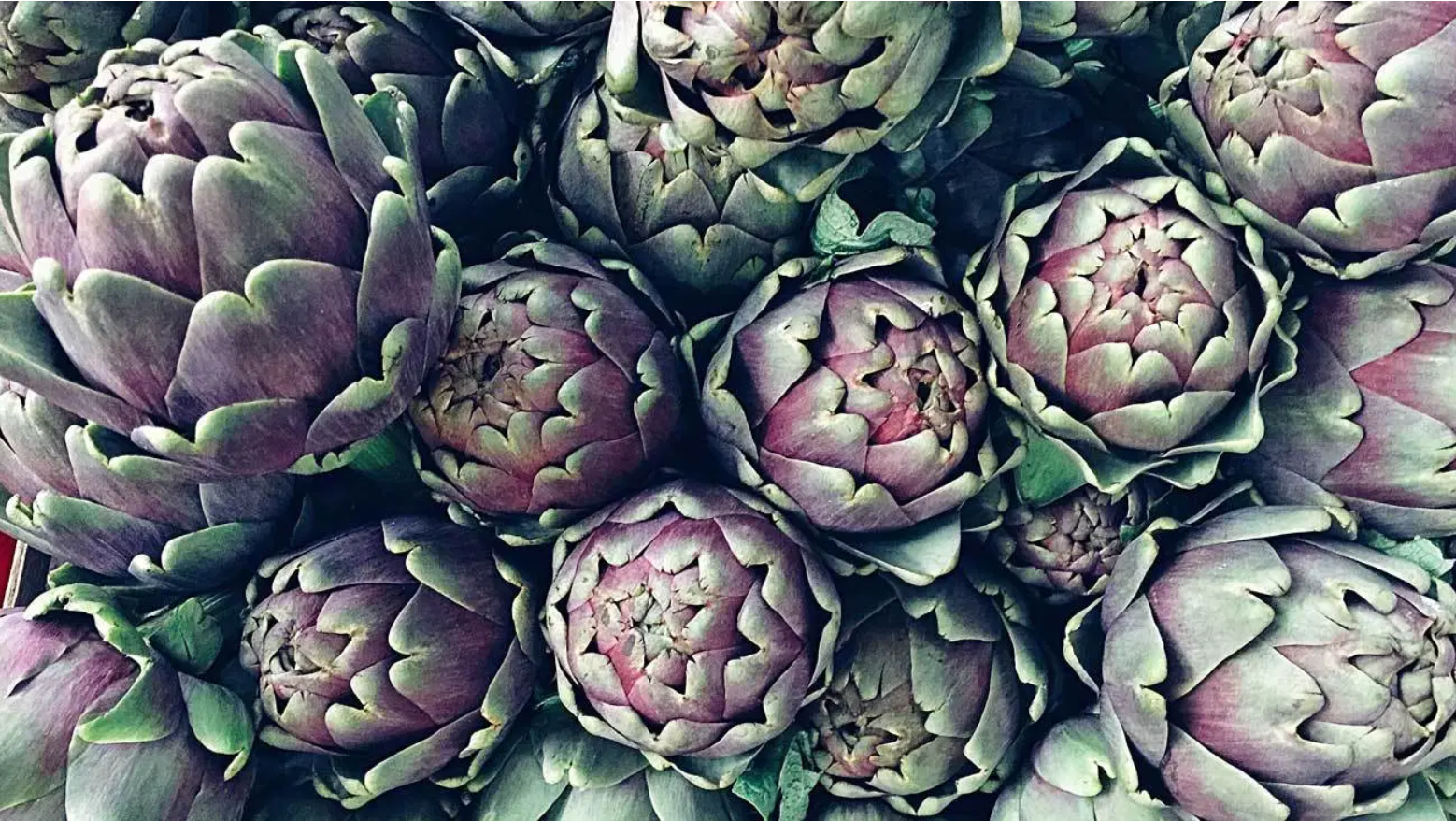
Artichokes are packed with powerful nutrients. A medium artichoke (128 grams raw, 120 grams cooked) contains (
| Raw | Cooked (boiled) | |
| Carbs | 13.5 grams | 14.3 grams |
| Fiber | 6.9 grams | 6.8 grams |
| Protein | 4.2 grams | 3.5 grams |
| Fat | 0.2 grams | 0.4 grams |
| Vitamin C | 25% of the RDI | 15% of the RDI |
| Vitamin K | 24% of the RDI | 22% of the RDI |
| Thiamine | 6% of the RDI | 5% of the RDI |
| Riboflavin | 5% of the RDI | 6% of the RDI |
| Niacin | 7% of the RDI | 7% of the RDI |
| Vitamin B6 | 11% of the RDI | 5% of the RDI |
| Folate | 22% of the RDI | 27% of the RDI |
| Iron | 9% of the RDI | 4% of the RDI |
| Magnesium | 19% of the RDI | 13% of the RDI |
| Phosphorus | 12% of the RDI | 9% of the RDI |
| Potassium | 14% of the RDI | 10% of the RDI |
| Calcium | 6% of the RDI | 3% of the RDI |
| Zinc | 6% of the RDI | 3% of the RDI |
Artichokes are low in fat while rich in fiber, vitamins, minerals, and antioxidants. Particularly high in folate and vitamins C and K, they also supply important minerals, such as magnesium, phosphorus, potassium, and iron.
One medium artichoke contains almost 7 grams of fiber, which is a whopping 23–28% of the reference daily intake (RDI).
These delicious thistles come with only 60 calories per medium artichoke and around 4 grams of protein — above average for a plant-based food.
To top it off, artichokes rank among the most antioxidant-rich of all vegetables (
Artichoke leaf extract may have a positive effect on cholesterol levels (
A large review in over 700 people found that supplementing with artichoke leaf extract daily for 5–13 weeks led to a reduction in total and “bad” LDL cholesterol (
One study in 143 adults with high cholesterol showed that artichoke leaf extract taken daily for six weeks resulted in an 18.5% and 22.9% decrease in total and “bad” LDL cholesterol, respectively (
Additionally, an animal study reported a 30% reduction in “bad” LDL cholesterol and a 22% reduction in triglycerides after regular consumption of artichoke extract (
What’s more, regularly consuming artichoke extract may boost “good” HDL cholesterol in adults with high cholesterol (
Artichoke extract affects cholesterol in two primary ways.
First, artichokes contain luteolin, an antioxidant which prevents cholesterol formation (
Second, artichoke leaf extract encourages your body to process cholesterol more efficiently, leading to lower overall levels (
Artichoke extract may aid people with high blood pressure.
One study in 98 men with high blood pressure found that consuming artichoke extract daily for 12 weeks reduced diastolic and systolic blood pressure by an average of 2.76 and 2.85 mmHg, respectively (
How artichoke extract reduces blood pressure is not fully understood.
However, test-tube and animal studies indicate that artichoke extract promotes the enzyme eNOS, which plays a role in widening blood vessels (
In addition, artichokes are a good source of potassium, which helps regulate blood pressure (
That said, it is unclear whether consuming whole artichokes provides the same benefits, as the artichoke extract used in these studies is highly concentrated.
Artichoke leaf extract may protect your liver from damage and promote the growth of new tissue (
It also increases the production of bile, which helps remove harmful toxins from your liver (
In one study, artichoke extract given to rats resulted in less liver damage, higher antioxidant levels, and better liver function after an induced drug overdose, compared to rats not given artichoke extract (
Studies in humans also show positive effects on liver health.
For example, one trial in 90 people with non-alcoholic fatty liver disease revealed that consuming 600 mg of artichoke extract daily for two months led to improved liver function (
In another study in obese adults with non-alcoholic fatty liver disease, taking artichoke extract daily for two months resulted in reduced liver inflammation and less fat deposition than not consuming artichoke extract (18).
Scientists think that certain antioxidants found in artichokes — cynarin and silymarin — are partly responsible for these benefits (
More research is needed to confirm the role of artichoke extract in treating liver disease.
Artichokes are a great source of fiber, which can help keep your digestive system healthy by promoting friendly gut bacteria, reducing your risk of certain bowel cancers, and alleviating constipation and diarrhea (23,
Artichokes contain inulin, a type of fiber which acts as a prebiotic.
In one study, 12 adults experienced an improvement in gut bacteria when they consumed an artichoke extract containing inulin each day for three weeks (
Artichoke extract may also provide relief from symptoms of indigestion, such as bloating, nausea, and heartburn (
A study in 247 people with indigestion determined that consuming artichoke leaf extract daily for six weeks reduced symptoms, such as flatulence and uncomfortable feelings of fullness, compared to not taking artichoke leaf extract (
Cynarin, a naturally occurring compound in artichokes, may cause these positive effects by stimulating bile production, accelerating gut movement, and improving the digestion of certain fats (
Irritable bowel syndrome (IBS) is a condition that affects your digestive system and can cause stomach pain, cramping, diarrhea, bloating, constipation, and flatulence.
In one study in people with IBS, consuming artichoke leaf extract daily for six weeks helped ease symptoms. What’s more, 96% of participants rated the extract equally as effective as — if not better than — other IBS treatments, such as antidiarrheals and laxatives (
Another study in 208 people with IBS discovered that 1-2 capsules of artichoke leaf extract, consumed daily for two months, reduced symptoms by 26% and improved quality of life by 20% (
Artichoke extract may relieve symptoms in several ways.
Certain compounds in artichokes have antispasmodic properties. This means that they can help stop muscle spasms common in IBS, balance gut bacteria, and reduce inflammation (
While artichoke extract seems promising for treating IBS symptoms, larger human studies are needed.
Artichokes and artichoke leaf extract may help lower blood sugar levels (
One study in 39 overweight adults found that consuming kidney bean and artichoke extract daily for two months lowered fasting blood sugar levels compared to not supplementing (
However, it is unclear how much of this effect was due to the artichoke extract itself.
Another small study indicated that consuming boiled artichoke at a meal reduced blood sugar and insulin levels 30 minutes after eating. Notably, this effect was only seen in healthy adults who did not have metabolic syndrome (31).
How artichoke extract reduces blood sugar isn’t fully understood.
That said, artichoke extract has been shown to slow down the activity of alpha-glucosidase, an enzyme that breaks down starch into glucose, potentially impacting blood sugar (
Keep in mind that more research is needed.
Animal and test-tube studies note that artichoke extract impaired cancer growth (
Certain antioxidants — including rutin, quercetin, silymarin, and gallic acid — in artichokes are thought responsible for these anticancer effects (
For example, silymarin was found to help prevent and treat skin cancer in animal and test-tube studies (
Despite these promising results, no human studies exist. More research is needed.
Preparing and cooking artichokes is not as intimidating as it seems.
They can be steamed, boiled, grilled, roasted, or sautéed. You can also prepare them stuffed or breaded, adding spices and other seasonings for an extra burst of flavor.
Steaming is the most popular cooking method and usually takes 20–40 minutes, depending on the size. Alternatively, you can bake artichokes for 40 minutes at 350°F (177°C).
Keep in mind that both the leaves and the heart can be eaten.
Once cooked, the outer leaves can be pulled off and dipped in sauce, such as aioli or herb butter. Simply remove the edible flesh from the leaves by pulling them through your teeth.
Once the leaves are removed, carefully spoon out the fuzzy substance called the choke until you reach the heart. You can then scoop out the heart to eat alone or atop pizza or salad.
Consuming artichoke extract is generally considered safe, with few side effects reported (
However, there is limited data available. Risks include:
Potential allergies: Some people may be allergic to artichokes and/or artichoke extract. The risk is higher for anyone allergic to plants from the same family, including daisies, sunflowers, chrysanthemums, and marigolds.
Pregnant or breastfeeding women: Pregnant or breastfeeding women are advised to avoid artichoke extract because of a lack of safety information.
People with bile duct obstruction or gallstones: Anyone with these conditions should avoid artichokes and artichoke extract due to their ability to promote bile movement (
37Trusted Source ).
There is currently insufficient data to establish dosing guidelines.
However, typical doses used in human research range from 300–640 mg of artichoke leaf extract three times daily (
If you are unsure whether you should take artichoke extract, speak with your doctor for advice.
Artichokes are an extremely nutritious, low-carb food that may provide numerous health benefits.
That said, evidence is mostly limited to studies using concentrated artichoke extract.
Regular consumption of artichoke extract may aid cholesterol levels, blood pressure, liver health, IBS, indigestion, and blood sugar levels
Written by Mary Jane Brown, PhD, RD (UK) — Updated on January 16, 2019, https://www.healthline.com/nutrition/artichoke-benefits

